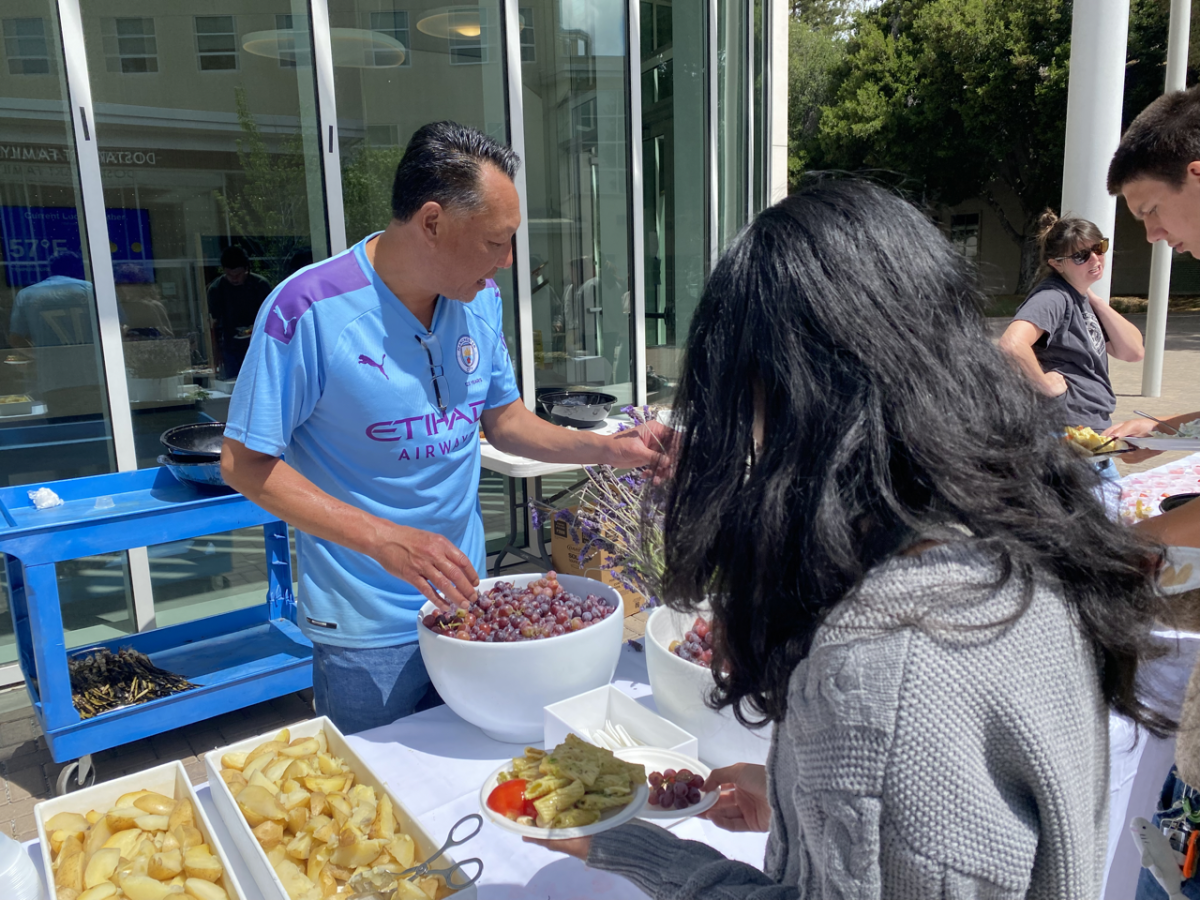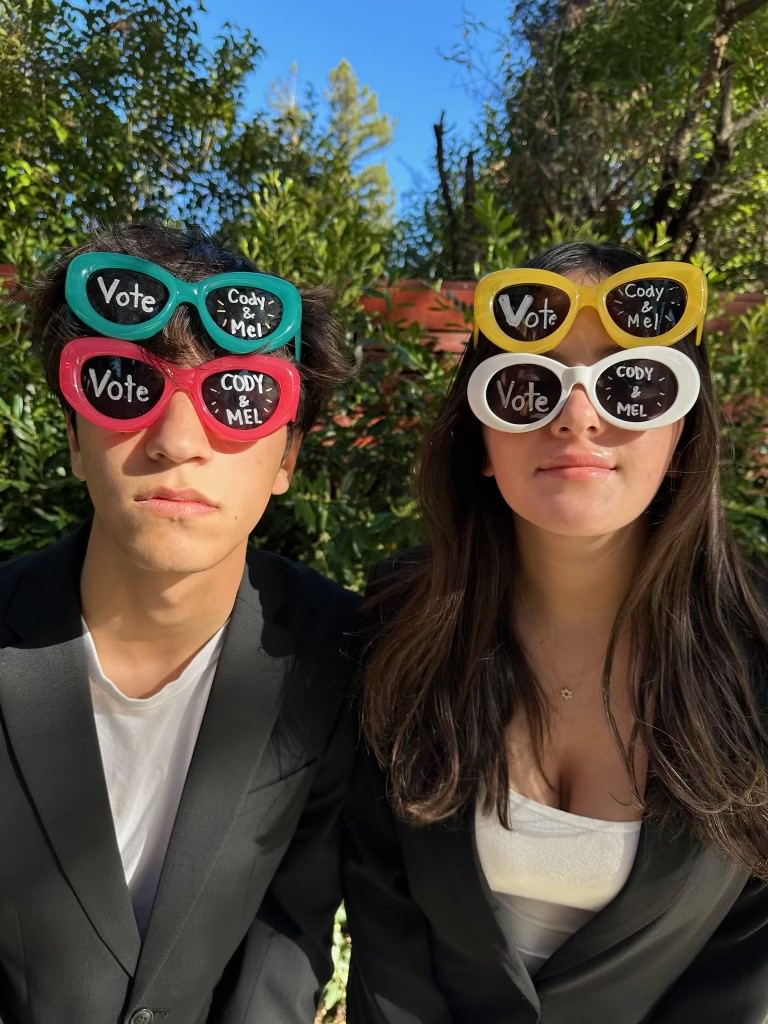After the original student backlash against the newly blatant “no cooking, no exercise, no surfing” restrictions from the Senior Projects Committee, both sides have become more complacent. At the end of February, seniors turned in their first draft proposals. For the past few weeks, Committee members and volunteer readers have been evaluating the proposals. Last Friday March 9, readers returned the first round of feedback. From the feedback and the seniors’ reactions to the feedback, it is clear that Committee members were looking for precision more than “no cooking, no exercise, no surfing,” and the seniors generally understood that.
While the Senior Projects Committee and volunteer readers did keep the restrictions in mind, they also “tried to give students the benefit of the doubt,” according to Committee member Cathy Chen. “I want to understand what you want to learn. There’s a huge difference between ‘I’m going to learn how to scramble an egg!’ and ‘I want to learn about Italy and how its geography and economics influence its cuisine,” said Chen, continuing, “You can cook as part of your project, but do it in your own time. Being more precise about what exactly you want to learn is helpful.”
First-time reader Margaret Ramsey sees this issue from both the student perspective, as she is a senior advocate, and the teacher perspective, as she is reading the proposals. “I understand how it’s hard for seniors to feel the burden of years past when students weren’t successful with certain projects, but I also understand the adult perspective. The restrictions are harsh, but they’re there culturally for a reason. Now that I’ve started seeing the proposals, I think they’re a good thing,” said Ramsey, continuing, “From what I’ve seen, it’s less about rigor and more about precision. Those who put in polished proposals will have an easier time.” Another volunteer reader, and past Committee member, Cara Plomondon agrees with Ramsey. “The most precise projects are the easiest to pass. I want to know what you’re doing and when you’re doing it. ‘Internship’ everyday for two weeks isn’t specific enough,” said Plomondon.
Students have also been more complacent with the restrictions and more acceptable with the feedback than expected. Senior Andrew Hurlbut called the feedback “more than fair,” while senior Hank Strohm thought, “it was a little nitpicky in places but for the most part needed. All the feedback was based on places in my proposal where I was too vague.” Senior Talie Warner more than appreciated her feedback. “I think the feedback will definitely improve our project and makes sense as we’re continuing to decide what we want to do and how we want to go about the entire project process,” said Warner. Senior Andrew Buchanan agreed. “I think it was very thorough, and I really appreciated how extensive that feedback was. I think my reader wrote more for some questions in terms of suggestions than I originally wrote as answers, which is very helpful,” Buchanan said. Even senior Ryan Karle, who was “originally upset because cool project ideas have been shut down” thought his feedback was ultimately fair. “They gave me ‘likely to pass with some changes’, which is good because it gives us room to expand and grow our project. I’m stoked it’s going through,” he said.
“My hunch is that this year’s senior class is pretty exceptional. We had record numbers of on-time and finished proposals, and I am so impressed with how diligent and respectful they’ve been after we’ve overly cracked down. We anticipated an outright rebellion, but that just hasn’t happened. I’m really impressed,” said Senior Projects Committee Member Rebecca Gertmenian. Overall, the Senior Projects process has been unexpectedly calm after first round of feedback, especially after there was so much initial backlash against the harder restrictions.







